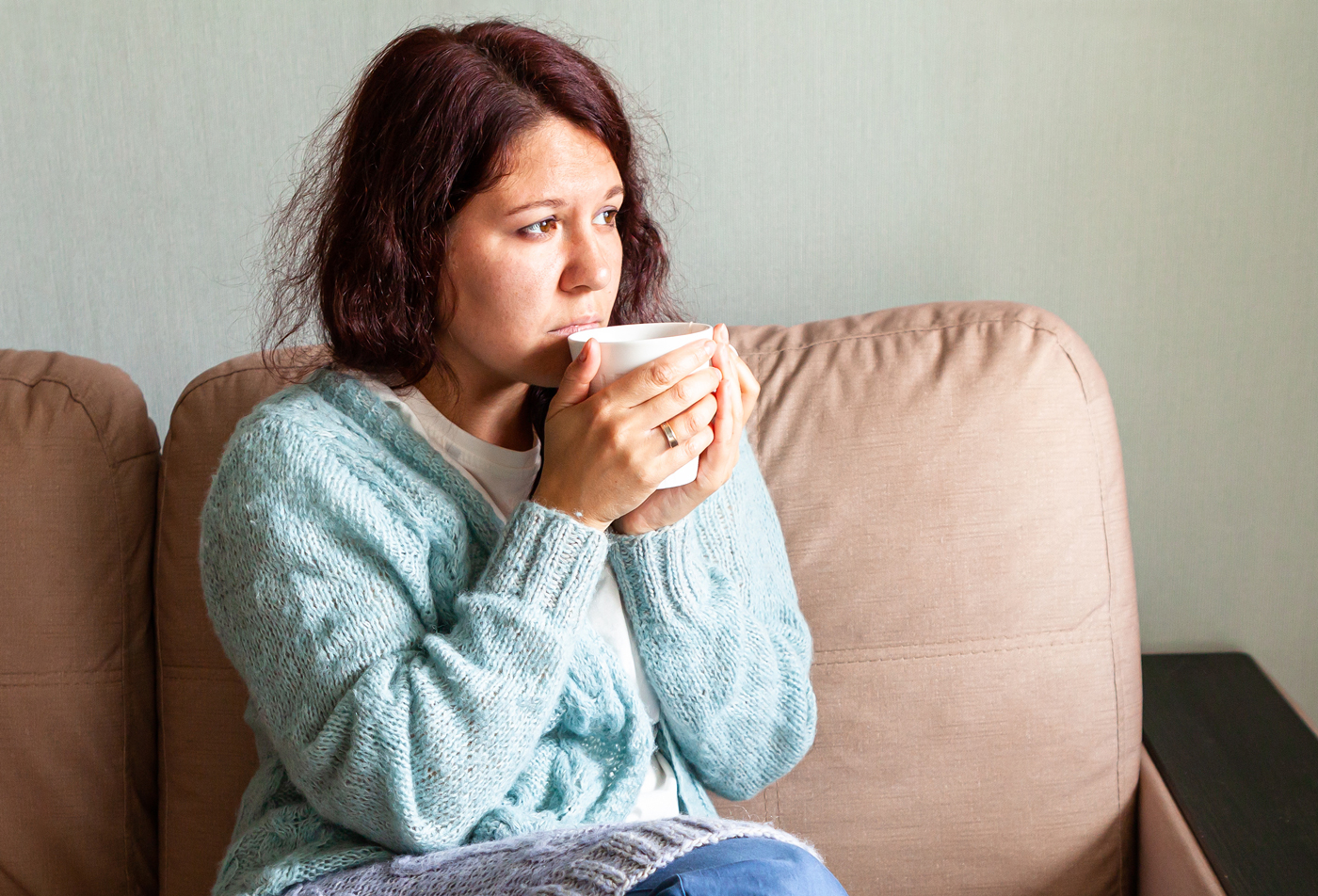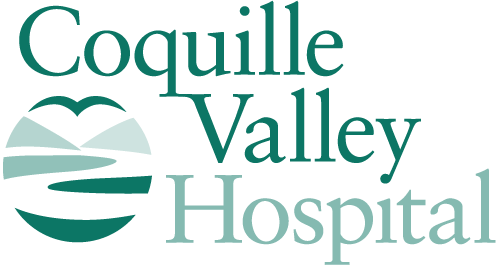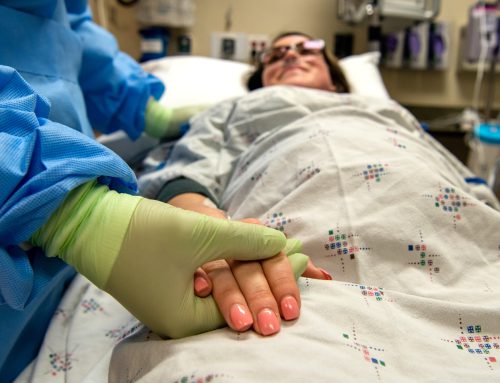Caffeine Buzz Or Too Much Caffeine?
Published July 17, 2023

Many of us drink a cup of coffee or tea in the morning to give ourselves a boost to start our day, thanks to the natural stimulant caffeine. Caffeine improves the alertness of your brain and nervous system and also can improve your mood.
In moderation, caffeine can be a healthy part of your diet. It is found naturally in chocolate, coffee and tea. It is also added to sodas and energy drinks. However, increased consumption of caffeine over time can be detrimental to your health, experts say.
In general, the U.S. Food and Drug Administration states that healthy adults may consume as many as four to five cups of coffee, or 400 milligrams of caffeine, per day without necessarily having any negative health effects. Each person is different, however, and sensitivity to caffeine should be the guide.
Signs Of Consuming Too Much Caffeine
How do you know if you’re consuming too much caffeine? Some symptoms may include:
- Regularly feeling jittery
- Not being able to sleep, aka insomnia
- Feeling anxious
- Experiencing an increased heart rate
- Having an upset stomach or feeling nauseous
If you’ve been feeling any of these symptoms, it may be time to visit your primary care provider, who may suggest you cut back on your caffeine intake.
As you wean yourself off of caffeinated beverages, expect to feel a headache and some fatigue as your body adjusts to life without the stimulant. But once your body adjusts, it should be a nonissue.
Energy Drinks And Youth
Parents should be aware that energy drinks are popular among young people. These beverages are often carbonated and come in enticing flavors, but they are caffeinated, too. These caffeinated energy drinks can pose a health risk to youngsters, causing dehydration from not drinking enough water, sleeplessness, heart irregularities and anxiety.
Adults should model good behavior in front of young adults, drinking lots of water and teaching the difference between energy drinks and sports drinks. Healthy beverage alternatives include water, juice and low-fat milk. If you have concerns about your youngster’s caffeine intake, make an appointment with their primary care provider, who can help them realize the health dangers of too much caffeine at a young age.
Subscribe to our monthly emails for Your Well-Being! Get health and wellness tips, hospital news, staff spotlights, career opportunities, our cafe menu and more, sent right to your inbox!
DISCLAIMER: No content on this website, regardless of date, should be used as a substitute for direct medical advice from your primary care provider.




